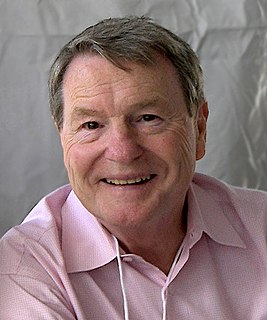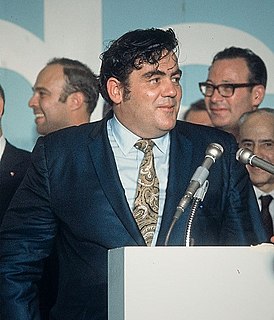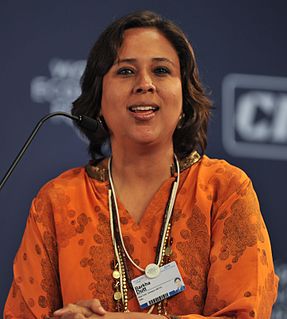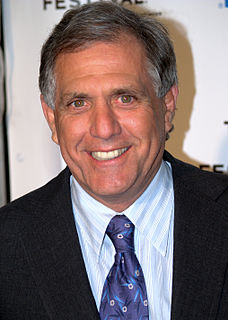A Quote by Jim Lehrer
I'm in the reporting part of journalism.
Quote Topics
Related Quotes
My reporting in Africa wouldn't be political per se, but it's certainly the point of my reporting - and of a lot of other reporters I know: Human suffering is bad, and if reporting stories about it brings it to light and someone does something, that's part of the point of journalism. And it's a thin line between that and activism, and you have to be careful about that.
Journalism today is obviously in a major transition. Going to journalism school, learning how to write, working your way up in a little paper in Decatur, Georgia and then moving to Atlanta and then maybe to New York: it's just over. You have to have a whole other set of skills now. You have to be a videographer, you have to do social media. You can't do a long, thoughtful, insightful piece if you don't have the time to do reporting, particularly reporting around somebody who doesn't want to be known or an issue that doesn't want to reveal itself.
I don't think journalism changes. It's about digging into stories and telling them well. The basic tenets of great reporting stay the same while things around it change. Technology has made reporting easier, but it has also caused job loss. Social media has increased discussion around topics, but it has its own challenges at times.
Journalism schools are good to get a job, but I don't know what else they are good for. I don't like the word "journalism" to begin with. It's news reporting, and that consists of using your two feet. The only lesson, then, that you could give people is how to climb stairs, because there are no stories on the first floor.
I'm always very careful to make the distinction between music criticism and music journalism. A lot of people don't. But criticism doesn't require reporting. You can write criticism at home in your underwear. On the other hand, journalism takes legwork - you have to get out there and see things and talk to people.
I want to help clean up the state that is so sorry today of journalism, and I have a communications degree. I studied journalism -- who, what, where, when, and why -- of reporting. I will speak to reporters who still understand that cornerstone of our democracy, that expectation that the public has for truth to be reported. And then we get to decide our own opinion based on the facts reported to us.







































